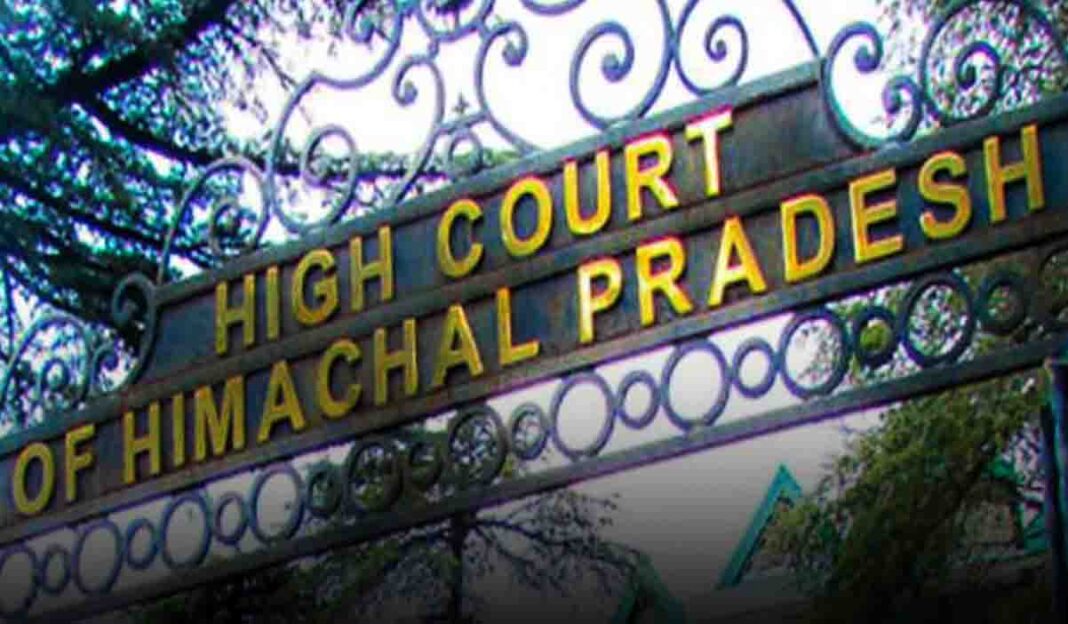Himachal Pradesh High Court Clarifies Triple Talaq Law: Instantaneous Talaq Only Criminalized
The Himachal Pradesh High Court recently addressed the scope of the Muslim Women (Protection of Rights on Marriage) Act, 2019, clarifying that the legislation criminalizes only certain forms of talaq, specifically instantaneous and irrevocable ones. This ruling came in response to a petition seeking to quash an FIR lodged under Section 4 of the Act against a Muslim man.
Justice Rakesh Kainthla emphasized that the Act targets Talaq-ul-Biddat, which is characterized by its instantaneous and irrevocable nature. The Court clarified that other forms of talaq, such as Talaq-e-Ahsan and Talaq-e-Hasan, which involve a waiting period and are revocable, are not criminalized by this law.
In the case at hand, the husband was accused of violating the Act by sending a written notice of divorce to his wife, alleging that it was in breach of the 2019 legislation. He argued that his actions were in line with Talaq-e-Hasan, which includes a period during which the divorce can be revoked. The Court noted that the divorce notices he issued were revocable and therefore did not fall under the purview of the Act’s prohibition.
The State’s argument included claims from the wife that her husband had previously given her an instant triple talaq, but the Court found no evidence in the FIR to support this claim. The Court stated that the letter sent by the husband did not constitute an irrevocable talaq and thus did not breach the 2019 Act.
Despite this, the Court observed that discrepancies in statements and details would be examined during the trial. The Court declined to quash the FIR at this stage, noting that the matter would continue in the appropriate legal forum.
Senior Advocate MA Khan, along with Hem Kanta Kaushal and Azmat Hayat Khan, represented the petitioner, while Deputy Advocate General Ayushi Negi and other advocates represented the State and the informant.
(With inputs from agency)
Share your news, articles, deals, columns, or press releases with us! Click the link to submit and join our platform today.


